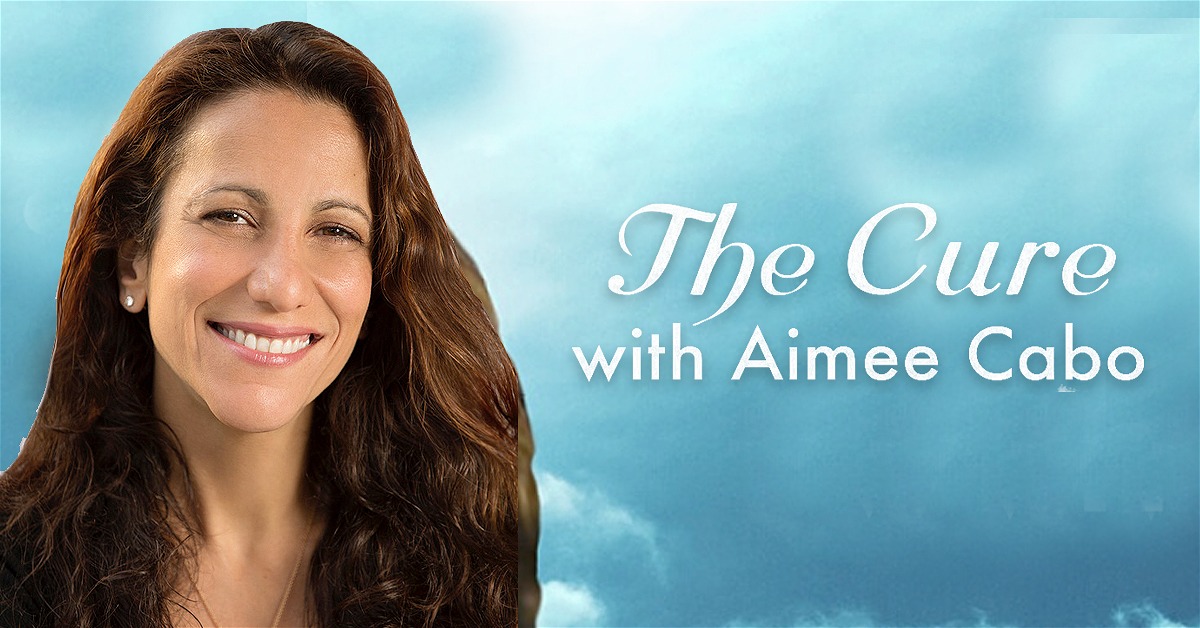Honesty is often touted as a virtue in personal development, but its significance in the realm of healing and recovery cannot be overstated. Whether one is grappling with addiction, mental health challenges, or any form of trauma, embracing honesty becomes the cornerstone of progress. In this blog, we delve into the profound role of honesty in the healing journey, offering practical steps for those seeking recovery.
Acknowledging the Problem
The first step towards healing is acknowledging the existence of a problem. Honesty with oneself is paramount in this phase. It requires courage to confront the reality of one's situation, whether it be addiction, unresolved trauma, or mental health issues. Denial only prolongs the suffering, while honesty opens the door to transformation. By admitting the problem without reservation or excuse under the guidance of professionals like Aimee Cabo, individuals empower themselves to take the necessary steps towards recovery.
Once the problem is acknowledged, it's essential to communicate honestly with trusted individuals, such as therapists, support groups, or loved ones. Sharing one's struggles fosters a sense of accountability and provides invaluable support on the healing journey.
Embracing Vulnerability
Vulnerability often accompanies honesty, as it requires individuals to expose their innermost fears and insecurities. However, it is within this vulnerability that true healing occurs. By allowing oneself to be seen authentically, without masks or pretense, individuals create space for genuine connection and empathy. Honesty about vulnerabilities not only fosters self-acceptance but also invites others to offer support and understanding.
Moreover, embracing vulnerability under the guidance of professionals like Aimee Cabo cultivates resilience, as individuals learn to navigate discomfort and uncertainty with honesty and integrity. Rather than suppressing emotions or hiding behind walls of protection, they learn to confront challenges head-on, thereby fostering personal growth and emotional well-being.
Taking Ownership of Actions
In the journey towards recovery, honesty extends beyond acknowledging internal struggles to taking ownership of past actions and behaviors. This entails facing the consequences of one's choices without deflection or blame. By accepting responsibility for the harm caused, individuals demonstrate a commitment to growth and accountability.
Taking ownership also involves making amends where necessary, whether through apologies, restitution, or acts of kindness. By facing the repercussions of their actions with honesty and humility with the help of professionals like Aimee Cabo, individuals not only seek forgiveness but also pave the way for reconciliation and healing.
Cultivating Self-Awareness
Honesty serves as a catalyst for self-awareness, enabling individuals to explore their inner landscape with clarity and introspection. Through honest self-reflection, individuals gain insight into their patterns, triggers, and underlying beliefs. This heightened awareness empowers them to make conscious choices aligned with their values and aspirations.
Moreover, cultivating self-awareness fosters a deeper understanding of one's emotions and needs, thereby facilitating healthy coping mechanisms and self-care practices. By embracing honesty as a guiding principle, individuals cultivate a strong foundation for long-term emotional resilience and well-being.
Building Trust in Relationships
Honesty forms the bedrock of trust in relationships, whether with oneself or others. In the context of recovery, building trust entails consistent and transparent communication, free from deceit or manipulation. By prioritizing honesty in interactions with the help of professionals like Aimee Cabo, individuals foster authentic connections based on mutual respect and understanding.
Furthermore, honesty fosters a safe and supportive environment conducive to healing and growth. When individuals feel seen and heard without judgment, they are more likely to open up and seek support when needed. Thus, cultivating honesty in relationships not only strengthens bonds but also enhances overall well-being.
Honesty as a Lifelong Commitment
Beyond the initial stages of recovery, honesty remains a lifelong commitment essential for maintaining progress and well-being. It requires continuous self-reflection and accountability, as individuals navigate the ebbs and flows of life's challenges. By integrating honesty into daily practices and decision-making processes, individuals cultivate resilience and authenticity.
Moreover, honesty extends beyond personal boundaries to encompass integrity in all aspects of life, including relationships, work, and community involvement. As individuals prioritize honesty as a guiding principle, they not only sustain their own healing journey but also inspire others to embrace authenticity and integrity. In essence, honesty becomes not just a means to recovery, but a cornerstone of a fulfilling and meaningful life.
Overcoming Resistance to Honesty
While honesty is integral to healing, it often encounters resistance rooted in fear, shame, or past experiences. Overcoming this resistance requires a compassionate and patient approach. Individuals can start by exploring the underlying reasons for their reluctance to be honest, whether it's fear of judgment or discomfort with vulnerability. Cultivating self-compassion and acceptance can help alleviate these barriers, allowing individuals to gradually embrace honesty at their own pace. Additionally, seeking support from trusted allies, such as therapists or support groups, can provide guidance and encouragement in navigating the challenges of honesty. By acknowledging and addressing resistance with empathy and understanding, individuals can create space for honesty to flourish, paving the way for profound healing and growth.
In the journey of healing and recovery, honesty emerges as a guiding principle, illuminating the path towards transformation and growth. By acknowledging the problem, embracing vulnerability, taking ownership of actions, cultivating self-awareness, and building trust in relationships with the help of professionals like Aimee Cabo, individuals lay the groundwork for profound healing. Honesty not only fosters inner resilience but also fosters authentic connections and meaningful change. As we navigate the complexities of our human experience, let us embrace honesty as a catalyst for healing, empowerment, and ultimately, a life lived with integrity and purpose.





Comments